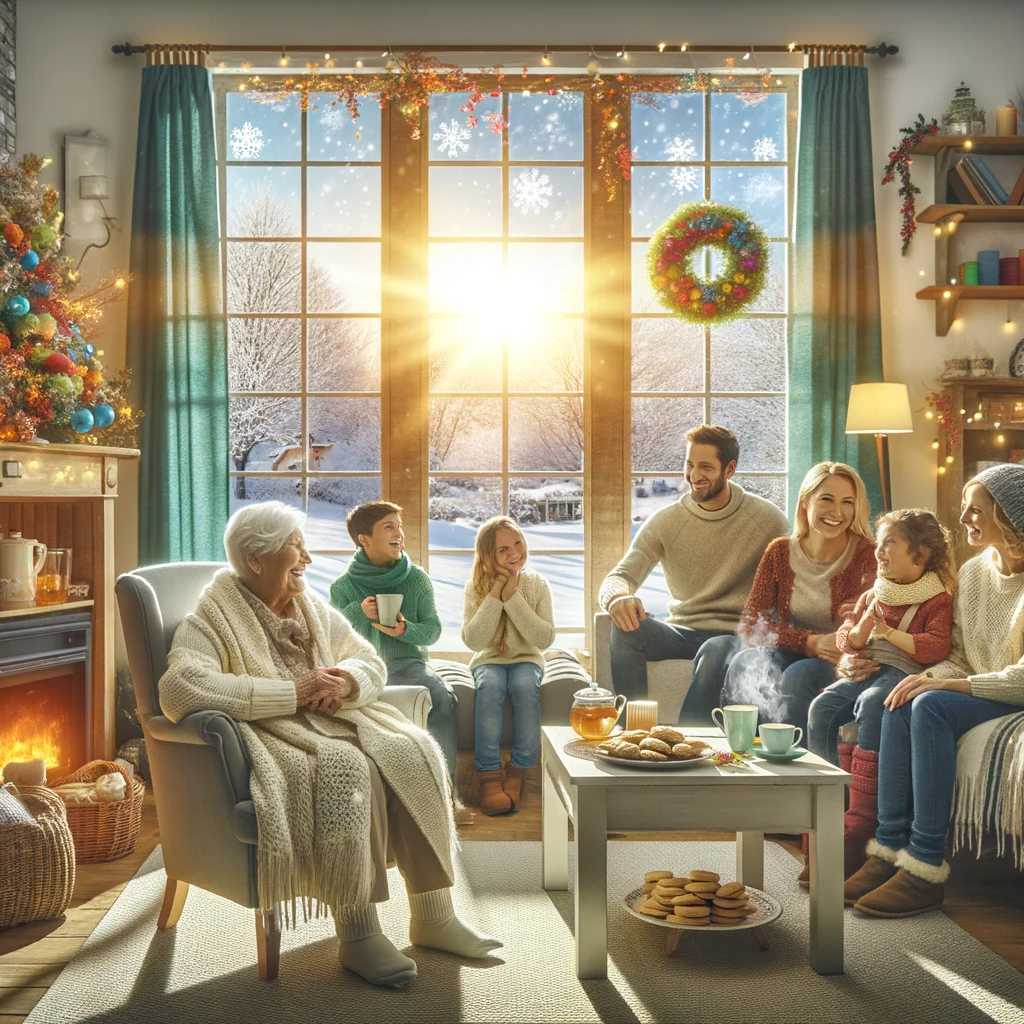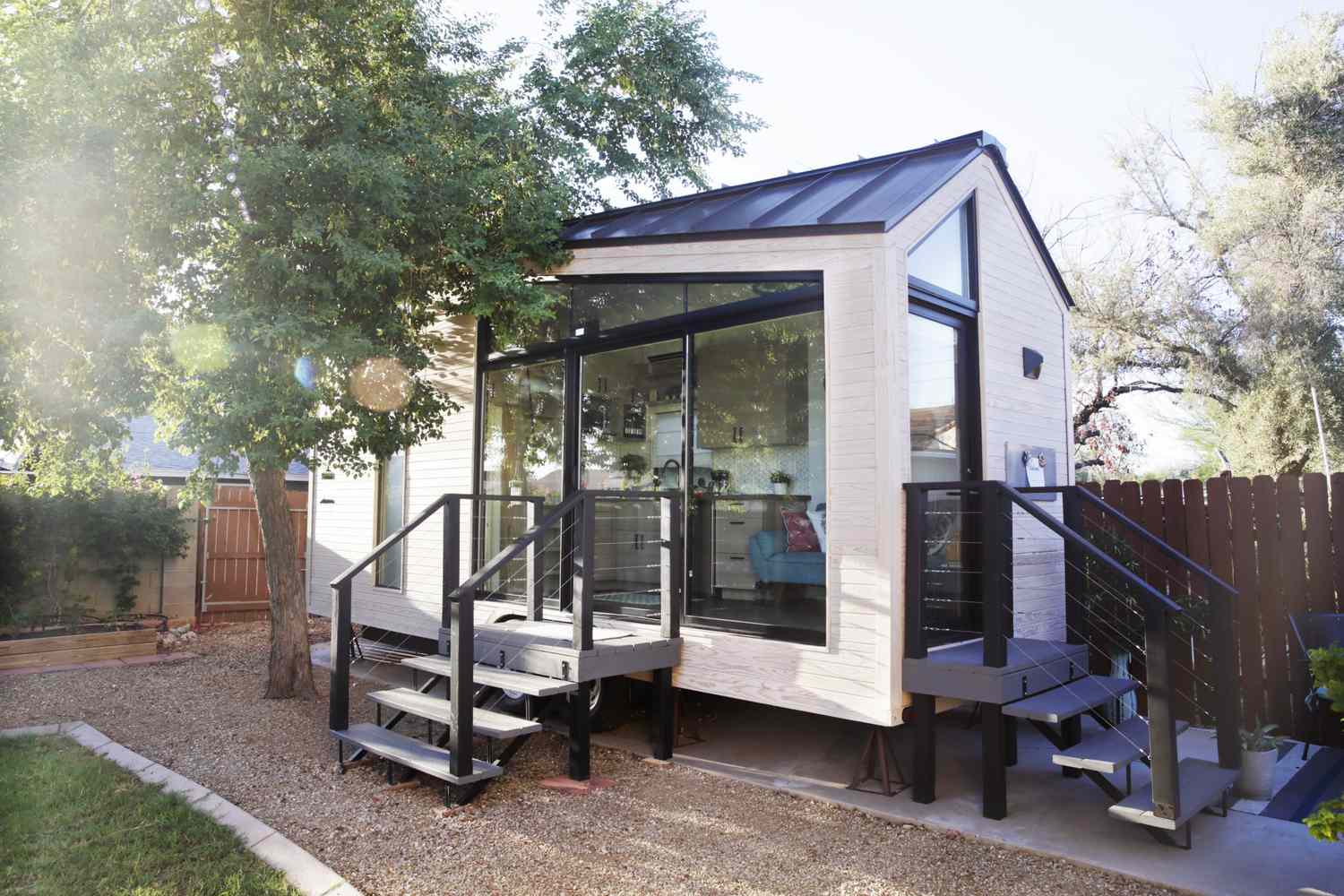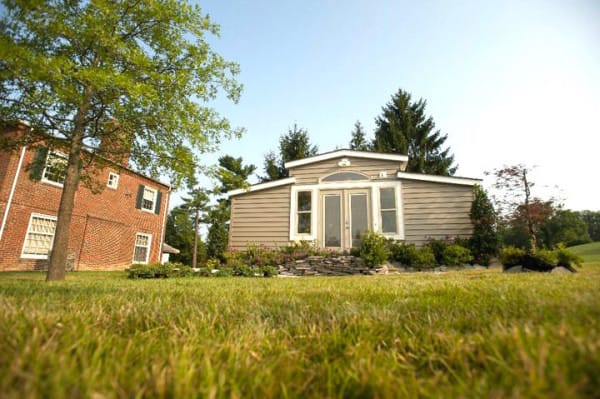As the winter season approaches, senior citizens residing in comfortable and secure Granny pods must pay extra attention to their health and well-being. Cold weather brings unique challenges, particularly for older adults. In this comprehensive guide, we’ll explore crucial aspects such as preventing hypothermia and frostbite, flu and pneumonia prevention, mental health considerations including seasonal affective disorder, and the importance of nutrition and hydration.
Preventing Hypothermia and Frostbite
During the frosty winter months, seniors living in senior cottages face an increased risk of hypothermia and frostbite. Hypothermia occurs when the body’s temperature drops to a dangerously low level, while frostbite is the freezing of skin and tissues. Both conditions are serious and require proactive measures for prevention, especially in the elderly who may have a reduced ability to sense cold.
- Layered Clothing for Insulation: Wearing multiple layers of clothing creates insulation, trapping body heat effectively. The first layer should be made of moisture-wicking material to keep the skin dry. The middle layer should provide insulation, such as fleece or wool, and the outer layer should be wind and waterproof. Don’t forget accessories like hats, scarves, gloves, and socks to protect extremities.
- Maintain a Warm Living Environment: It’s crucial to keep the indoor temperature in a senior cottage warm, ideally between 68°F and 70°F. Utilize weather stripping or insulation to prevent drafts. Portable heaters can be used in living spaces, but it’s vital to follow safety guidelines to prevent fires.
- Regular Monitoring: Seniors should either live with someone or have regular visits from caregivers or family members, particularly during extreme weather. These check-ins can ensure that the heating system is functioning correctly and that the senior is dressed warmly enough.
- Emergency Preparedness: Prepare for power outages or other emergencies by having supplies on hand. This includes extra blankets, a battery-powered heater, a first aid kit, non-perishable food items, water, and a method of communication like a fully charged cell phone or battery-powered radio.
- Stay Informed About Weather Conditions: Keeping an eye on weather forecasts can help seniors and their caregivers prepare for cold snaps. Adjusting plans and staying indoors during extreme cold can significantly reduce the risk of hypothermia and frostbite.
- Avoid Strenuous Activities in Cold Weather: Activities that can lead to sweating should be avoided in cold temperatures. Sweating can decrease body temperature rapidly, increasing the risk of hypothermia.
- Nutritional Considerations: Eating well-balanced meals helps maintain energy and warmth. Foods high in calories, proteins, and healthy fats are particularly important in the colder months.
Flu and Pneumonia Prevention
For seniors, especially those living in senior cottages, the winter season can bring an increased risk of flu and pneumonia. These illnesses can be more severe in older adults, making prevention particularly important. Here are detailed strategies to help seniors avoid these common winter ailments:
- Stay Up-to-Date with Vaccinations: One of the most effective ways to prevent flu and pneumonia is through vaccinations. The flu vaccine is updated annually to combat the most current strains of the virus, so it’s important for seniors to get this vaccine every year. Additionally, the pneumococcal vaccine can help prevent certain types of pneumonia. It’s recommended to consult with healthcare providers about the appropriate vaccination schedule.
- Practice Good Hygiene: Viruses that cause flu and pneumonia can easily spread through droplets from coughing or sneezing. Seniors should wash their hands regularly with soap and water for at least 20 seconds. If soap and water are not available, an alcohol-based hand sanitizer is a good alternative. Avoid touching the face, especially the nose, mouth, and eyes, as these are common entry points for viruses.
-
Healthy Lifestyle Choices: A healthy lifestyle can boost the immune system, which is crucial in fighting off infections. This includes:
- Eating a balanced diet rich in fruits, vegetables, lean proteins, and whole grains.
- Engaging in regular physical activity, which can range from walking to more structured exercise programs, depending on the individual’s ability and health status.
- Getting adequate sleep, as poor sleep can weaken the immune system.
- Keep a Clean Environment: Regular cleaning and disinfecting of surfaces that are frequently touched, such as doorknobs, light switches, and countertops, can help reduce the spread of germs. This is particularly important in shared spaces within senior cottages.
- Stay Hydrated and Maintain Nutrition: Dehydration can weaken the immune system, so it’s important to drink plenty of fluids, especially water. Eating nutrient-rich foods can also provide the vitamins and minerals needed to support immune health.
- Avoid Close Contact with Sick People: During the winter season, it’s wise for seniors to avoid close contact with individuals who are sick. This might mean postponing visits or using virtual methods of communication.
- Consult Healthcare Providers Promptly: If a senior starts showing symptoms of the flu or pneumonia, it’s crucial to consult a healthcare provider immediately. Early treatment is key in preventing severe complications.
Mental Health and Seasonal Affective Disorder
For seniors, especially those living in senior cottages, the winter season can bring an increased risk of flu and pneumonia. These illnesses can be more severe in older adults, making prevention particularly important. Here are detailed strategies to help seniors avoid these common winter ailments:
- Stay Up-to-Date with Vaccinations: One of the most effective ways to prevent flu and pneumonia is through vaccinations. The flu vaccine is updated annually to combat the most current strains of the virus, so it’s important for seniors to get this vaccine every year. Additionally, the pneumococcal vaccine can help prevent certain types of pneumonia. It’s recommended to consult with healthcare providers about the appropriate vaccination schedule.
- Practice Good Hygiene: Viruses that cause flu and pneumonia can easily spread through droplets from coughing or sneezing. Seniors should wash their hands regularly with soap and water for at least 20 seconds. If soap and water are not available, an alcohol-based hand sanitizer is a good alternative. Avoid touching the face, especially the nose, mouth, and eyes, as these are common entry points for viruses.
- Healthy Lifestyle Choices: A healthy lifestyle can boost the immune system, which is crucial in fighting off infections. This includes:
- Eating a balanced diet rich in fruits, vegetables, lean proteins, and whole grains.
- Engaging in regular physical activity, which can range from walking to more structured exercise programs, depending on the individual’s ability and health status.
- Getting adequate sleep, as poor sleep can weaken the immune system.
- Keep a Clean Environment: Regular cleaning and disinfecting of surfaces that are frequently touched, such as doorknobs, light switches, and countertops, can help reduce the spread of germs. This is particularly important in shared spaces within senior cottages.
- Stay Hydrated and Maintain Nutrition: Dehydration can weaken the immune system, so it’s important to drink plenty of fluids, especially water. Eating nutrient-rich foods can also provide the vitamins and minerals needed to support immune health.
- Avoid Close Contact with Sick People: During the winter season, it’s wise for seniors to avoid close contact with individuals who are sick. This might mean postponing visits or using virtual methods of communication.
- Consult Healthcare Providers Promptly: If a senior starts showing symptoms of the flu or pneumonia, it’s crucial to consult a healthcare provider immediately. Early treatment is key in preventing severe complications.




